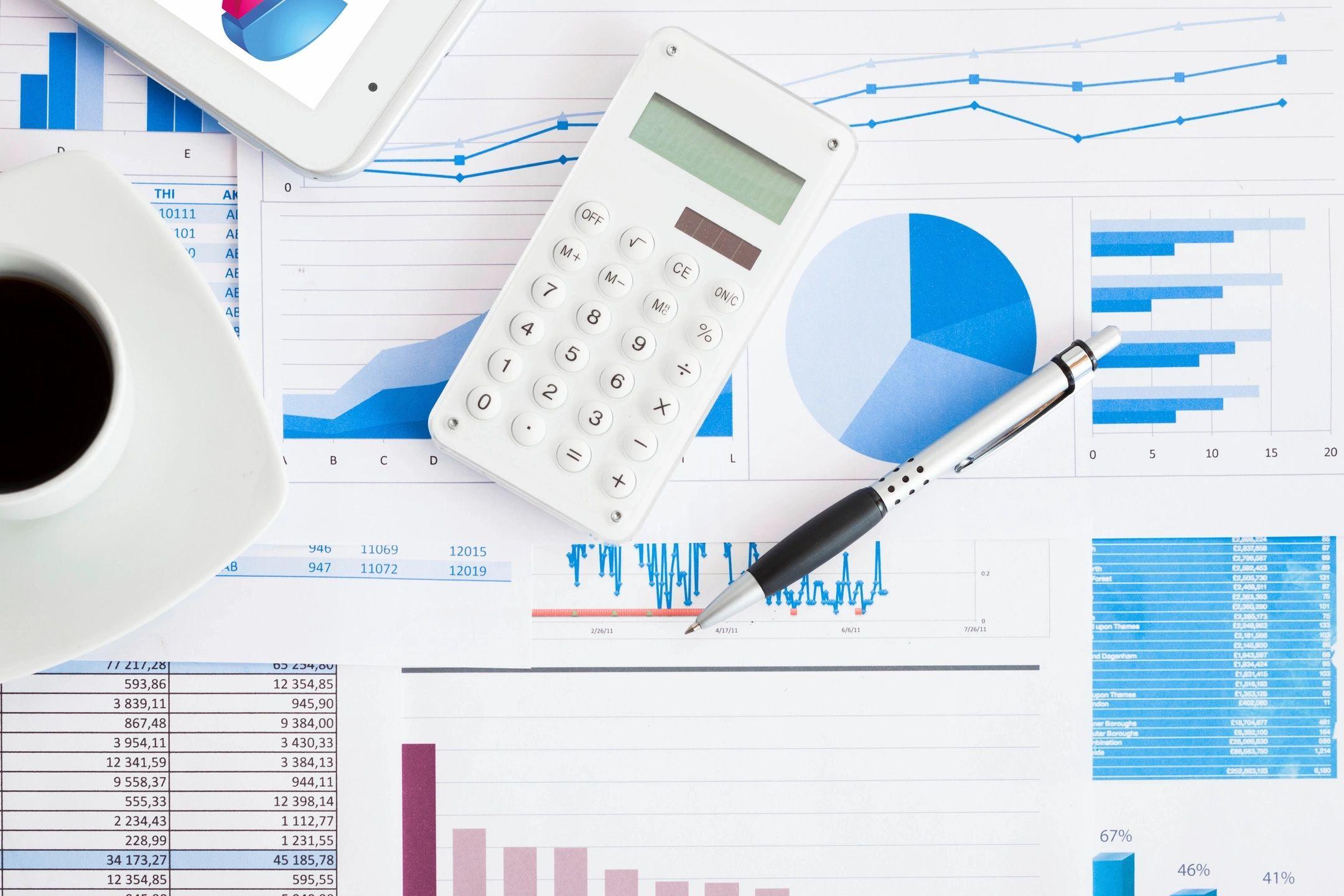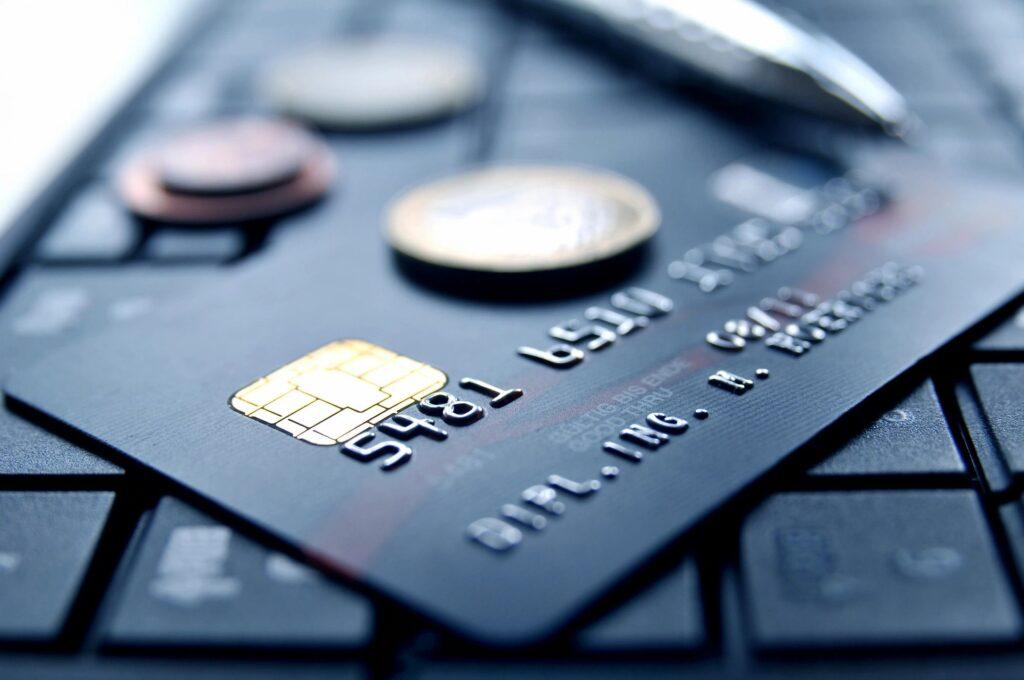
Building a budget can be daunting. There are so many things to consider that can be easily missed and screw up your financial plan. Whether you chose the Career Path or the Education Path, a budget is an important part of becoming financially independent. You need to know what your money is doing and how to manage it to meet your needs and your goals.
So, let’s build a budget. We’re going to show you our basic budget and explain it. Our budget is not perfect, (There are areas that we could trim to meet financial goals faster) but it works for us. If having a budget like this interests you, keep an eye out for our free downloadable budget spreadsheet.
Thank you for reading this post, don't forget to subscribe!
Let’s Build A Budget
Our total income stream from both parties and encompassing all our businesses for this example is approximately 6000 take home pay. Now for the monthly expenses…
1. Pay Yourself First.
Pay yourself first= $1000
This is the first thing we do. If you get paid through direct deposit, you can set it up to automatically go into an account that is separate from your checking account. We started doing this after reading The Richest Man In Babylon. You can too through our affiliate link. This a way to make you invest in yourself and set money aside to ensure you can get ahead and take advantage of opportunities in the future.

2. Student Loan Debt.
Student Loan Debt= $1000
This amount is more than our minimum payments. We have consolidated and refinanced our loans to make the payments more manageable. With this level of payment, we plan to be free of student loan debt by 2024.

3. Credit Card Payments.
Credit Card Payments= $600
With our credit cards, we use them to get rewards and cashback. Overall, they are paid off each month unless they have a 0% interest promotion. If they are not accruing interest, then we give that money other jobs. We do not, however, max out the cards or increase the limits to an amount that we would be unable to pay off. We often use them for expenses that we HAVE to pay for as well as business expenses that will be reimbursed at the end of the month. This will allow us to accrue the points personally but write the purchases off business wise. This is done by saving the receipts and submitting them to be paid off by checks written by the business to you personally. Credit cards, however, can be very dangerous to your financial future if they are not used wisely.

4. Pets.
Pets= $100
We have a dog. Pets are expensive, and if you are planning your life entirely around your budget, then you might not want to get a pet. For us, however, the joy that our dog brings us every day is worth it. I know what you are thinking, a dog should not cost you $100 dollars a month. But rather than weathering the big expenses in one month, we try to build a rainy-day dog fund. This is so if we need to rush him to the vet, we will have money set aside to take care of it without derailing our budget. This is a more conservative way to budget. The rule of thumb we use is annual expectant expenses X 2. If that money is not used, it is invested or rolled into the next year.

Here is a photo of our dog who clearly loves being put into absurd costumes.
5. Food.
Food: $500
We like food and always plan for more money in this category to accommodate going out to eat. Any leftover money in the food budget is “fun money”. This can be used for date nights, going out with friends, purchasing gifts, etc. We purchase most of our food from Aldi which has great price and almost no difference from the name brand. Their mac n cheese (which is a staple in our house) is even manufactured by Kraft.

6. Gas.
Gas: $160-$500
Gas is expensive. We use rewards apps for cents off each gallon and use credit cards that give us cash back for gas purchases. Here’s a link to one of the apps we use regularly, Fuel Rewards. Your gas budget may be more or less depending on your needs. Gas is a variable expense that you are required to pay to generate revenue. I.e., you have to drive to work to be paid. Our gas budget varies dependent on our expected travel amount each month.

7. Rent.
Rent: $1300
This category could be used for a mortgage as well. We chose our apartment based on it being able to be covered by one person’s income. Which ended up helping us a few times during the last two years. This can be one of your biggest expenses. There are, however, some ways that you can reduce these expenses. Keep an eye out for our article detailing the tips and tricks to reduce your rent/ mortgage.

8. Pay Yourself Again.
Pay yourself again: $1000
Now we know what you’re thinking. “I already paid myself.” This is true. What we sometimes do, is take half of this final amount and add it back into the food budget (because keep in mind the food budget is also our fun money). This isn’t always something that is planned. This does not mean that all of that money has to be used. Any that is leftover can be put into savings. By making paying yourself a priority, after 20 months you could save $30,000- $40,000. This could be a down payment on a house.

You Can Do It!
This may look impossible, but you can adapt this as needed. Remember, this is an example of what works for us.
Is there anything that you do differently when you make a budget? Or is there anything you think we could do better? Let us know in the comments!